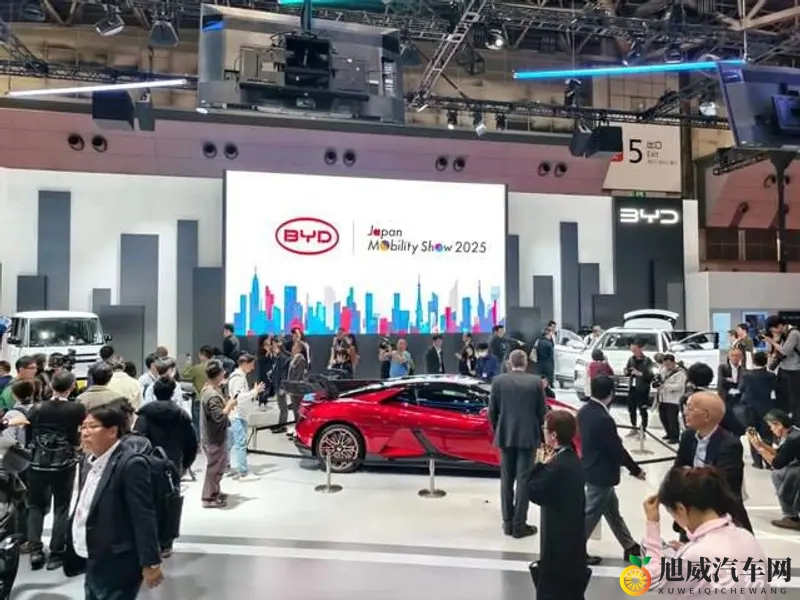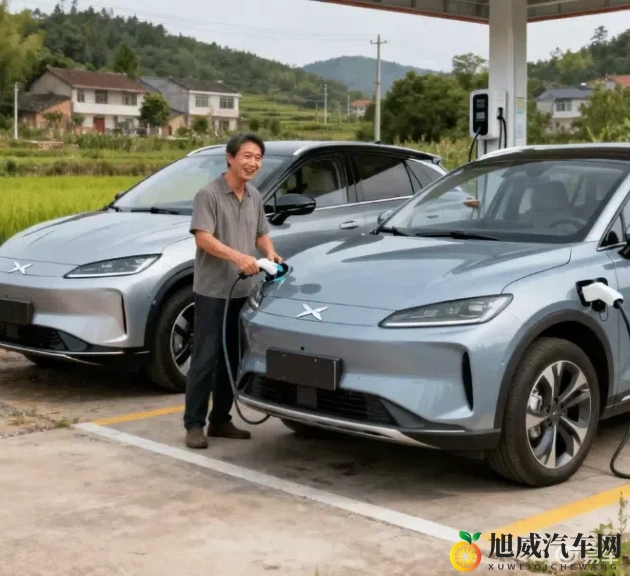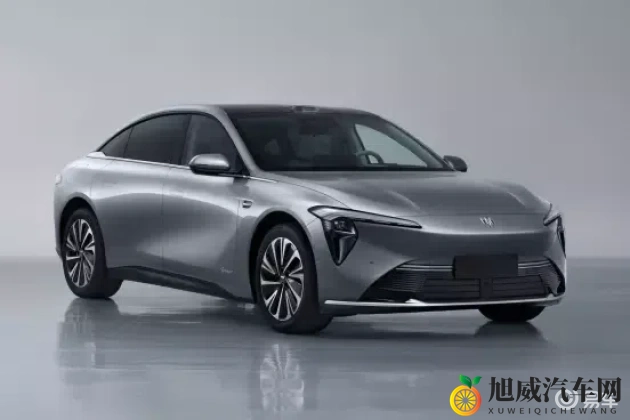Modern Significance of a Concept in the Automotive Sector
In recent discussions, the phrase "the woman on the big kang on a rebellious son's behavior" has been making waves. This ancient Chinese idiom, which refers to a situation where a mother disrupts the traditional family order by favoring a son, has been revisited to explore its modern implications. The concept, while seemingly unrelated to the automotive industry, offers some intriguing parallels that can be applied to today's automotive trends.
When we consider this concept in the context of the automotive industry, it can be interpreted as the disruptive influence of innovative technologies on the established norms. Just as a mother's favoritism can cause chaos in a family, the introduction of new technologies can lead to a transformative shift in the automotive sector.

One way to look at this is through the lens of electric vehicles (EVs). Historically, the automotive industry has been dominated by internal combustion engines (ICEs). The rise of EVs, with their cleaner emissions and higher efficiency, can be seen as a rebellious son challenging the status quo. This shift is not just a change in technology but also a change in consumer behavior, reminiscent of the disruptive influence described in the idiom.

Just as the idiom suggests that favoritism can lead to chaos, the adoption of EVs has faced its own set of challenges. From range anxiety to the need for a robust charging infrastructure, the transition from ICEs to EVs is not without its hurdles. However, these challenges also present significant opportunities for innovation and growth.

Innovation is the key word here. Automakers are not just developing new EVs but are also investing in advanced battery technology, autonomous driving systems, and connected car services. These advancements are not only expanding the capabilities of vehicles but are also reshaping the very concept of transportation.
The phrase "the woman on the big kang on a rebellious son's behavior" also highlights the impact of individual actions on a larger system. Similarly, in the automotive industry, consumer behavior plays a pivotal role in market dynamics. As more consumers embrace EVs and sustainable driving practices, the industry is compelled to adapt and evolve.
This shift is not just limited to personal vehicles. The rise of ride-sharing and autonomous vehicles is another example of how individual preferences can lead to broader changes in the automotive landscape. The concept of a "rebellious son" disrupting the traditional order is evident in these trends, as they challenge the conventional norms of car ownership and use.
Copyright © 2025 旭威汽车网
网站展示的汽车及品牌信息和数据,是基于互联网大数据及品牌方的公开信息,收集整理客观呈现,仅提供参考使用,不代表网站支持观点;